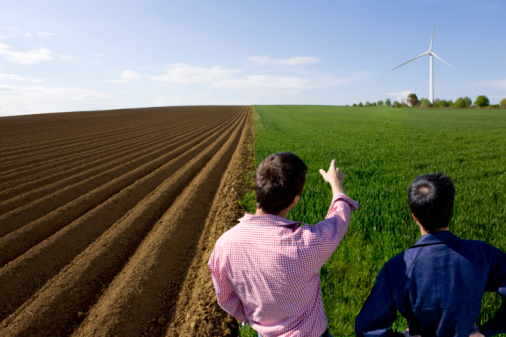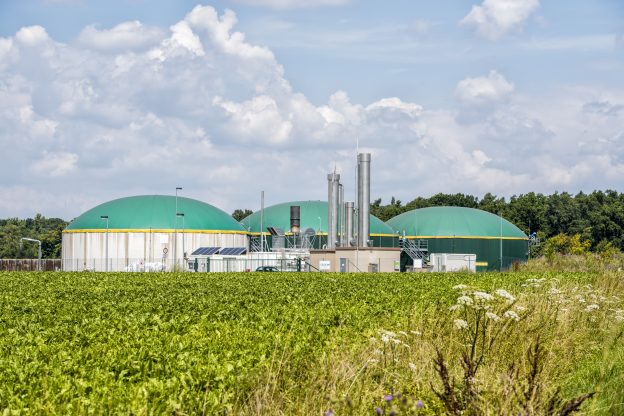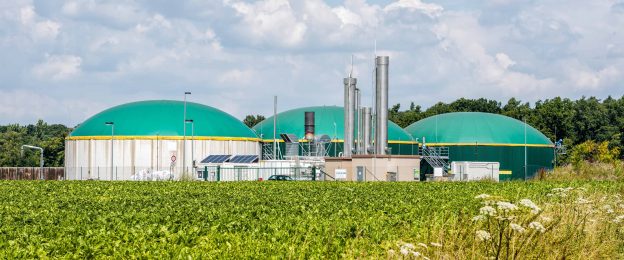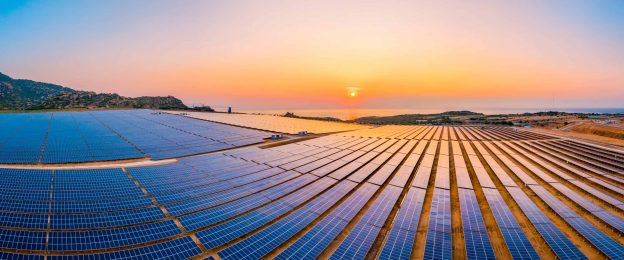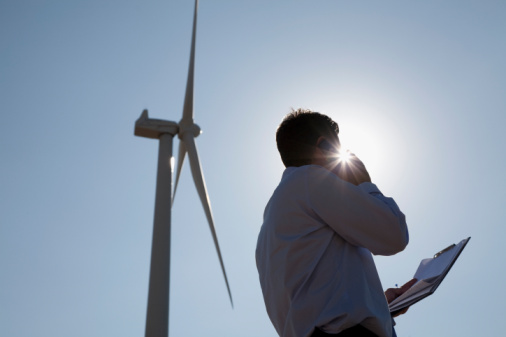The prospect of 54% hikes in energy bills from this April stunned many outside of our industry. While soaring gas prices have been rattling around news headlines since autumn, the reality is only fully dawning now that the prices are hitting all consumers’ pockets.
Ofgem has a difficult balance to strike with the new price cap. On the one hand, it has struggling consumers and the tripling in the number of households unable to afford their energy bills. On the other hand, energy suppliers themselves also need a cap with enough headroom to accommodate further wholesale price hikes – after nearly 30 suppliers have already gone bust. Meanwhile, wholesale prices have been a boost for generators, making this a good time to invest in renewable energy. But the political impact of the crisis might yet lead to a threat for the renewable generation industry, too.
Perennial critics of the Government’s green agenda – and of renewable energy in general – have been energised by the crisis. The climate-sceptic ‘Net Zero Scrutiny Group’ of MPs wrote last month that the UK had “almost uniquely caused our energy prices, through taxation and environmental levies, to increase faster than those of any other competitive country”, calling on the Government to cancel environmental levies on energy bills, and expand North Sea exploration and lift the ban on shale gas extraction. Then, hot on the heels of Ofgem’s new cap, Cabinet ministers also started pushing for a ‘rethink’ on Net Zero, while the Chancellor, Rishi Sunak, asked for new licenses for North Sea gas exploration to be sped up. This marks a worrying deviation from the Government’s commitment to eliminate fossil fuels from the UK’s energy supply by 2035, a policy that was only set in October last year, before COP26. What’s more, this pressure – from both inside and outside the Cabinet – for a substantial change in direction on energy policy, should concern the renewable energy industry.
In normal times, a joint letter from a few backbenchers would not be so significant. But their pressure, along with manoeuvrings in the Cabinet, appear to be leading to decisions and shifts in direction that should concern the renewables industry. The risk is that whilst the current Government’s future is uncertain, further pro-renewables policies may be thrown overboard in an attempt to keep the ship afloat, or a new captain might change course entirely. Although the renewables industry currently has the wind in its sails, that could be lost if the siren voices of climate-sceptic MPs manage to coax the Net Zero policy agenda onto the rocks.
Environmental levies have nothing to do with the current increase in prices. Even in the short term, the upfront cost of green policies, about 12% of a household fuel bill, is dwarfed by the circa 250% increase in wholesale energy costs. And in the long term, it is the actually the scrapping of green policies over the last decade – such as energy efficiency schemes – that is now costing UK energy users £2.5bn a year due to lost savings, according to research by Carbon Brief.
The UK’s persistent overreliance on gas is at the crux of the problem. Natural gas heats more than 80% of UK homes and nearly a third of all UK non-domestic buildings, and provides roughly 40% of the UK’s electricity. While the North Sea means we are less reliant upon imports than most of our European neighbours, we still get roughly half of our gas from overseas, leaving us vulnerable to global energy market shocks. If current tensions over Russia and Ukraine boil over into actual conflict, then the further throttling of Russian gas supplies to Europe will make matters worse.
But caving in to pressure to extract even more gas from the North Sea won’t combat rising energy bills in the short term, or even in the long term. Gas is a global commodity, and an increase in UK production would only benefit oil and gas producers, not lead to lower retail energy prices. The only way to insulate ourselves from the vagaries of the global energy market is to lessen our dependence on gas in general, which goes hand-in-glove with UK policy to eliminate fossil fuel use and promote renewables in their place.
While the Government’s primary system for supporting renewables investment, Contracts for Difference, might have added to energy bills in the past, right now it is actively helping to limit the impact of the wholesale energy price spikes on consumers. With wholesale energy prices now far in excess of agreed strike prices on CfDs, wind and solar generators are set to pay around £770m back to consumers via the Low Carbon Contracts Company by the end of winter. This is one of many reasons we are so glad that the current round of CfD auctions includes onshore wind and solar projects again.
After years of missed opportunities, the recent growth in renewables can’t come fast enough to wean the country entirely off gas within a decade. Even if wind, solar and biomass could replace all of the UK’s remaining gas-fired power stations tomorrow, there are still tens of millions of homes heated with gas boilers with 15-year lifetimes. Since we can’t eliminate gas quickly, we need to change how we produce it, with more from renewable, carbon-neutral bio-sources, not fossil fuels.
This brings us back to green levies, specifically the Green Gas Levy, which supports the Green Gas Support Scheme to encourage investment in biomethane production, to replace the North Sea’s carbon-intensive natural gas with carbon-neutral green gas from anaerobic digesters across the country. The GGSS brings tremendous opportunities for Eco2’s clients and the wider biogas sector, and we are delighted to be working on projects designed to utilise this scheme.
There are several other things the Government could be doing for the long-term – beyond the measures announced recently – to protect consumers and businesses from the price spike that is coming in April. While green levies and other ‘policy costs’ only account for a small portion of energy bills, the schemes they support could instead be funded through general taxation – which would also lessen the burden on those facing the worst fuel stress. Additionally, the 5% VAT on energy bills – an aberration compared to food and housing costs, which are zero rated – could be abolished. The Government should also seriously consider a one-off windfall tax on oil and gas producers, who have enjoyed abnormal bumper profits from the crisis, to subsidise peak energy bills. Those solutions would actually help limit the impact of the energy crisis on consumers and businesses, without undermining our long-term energy security or Net Zero.




